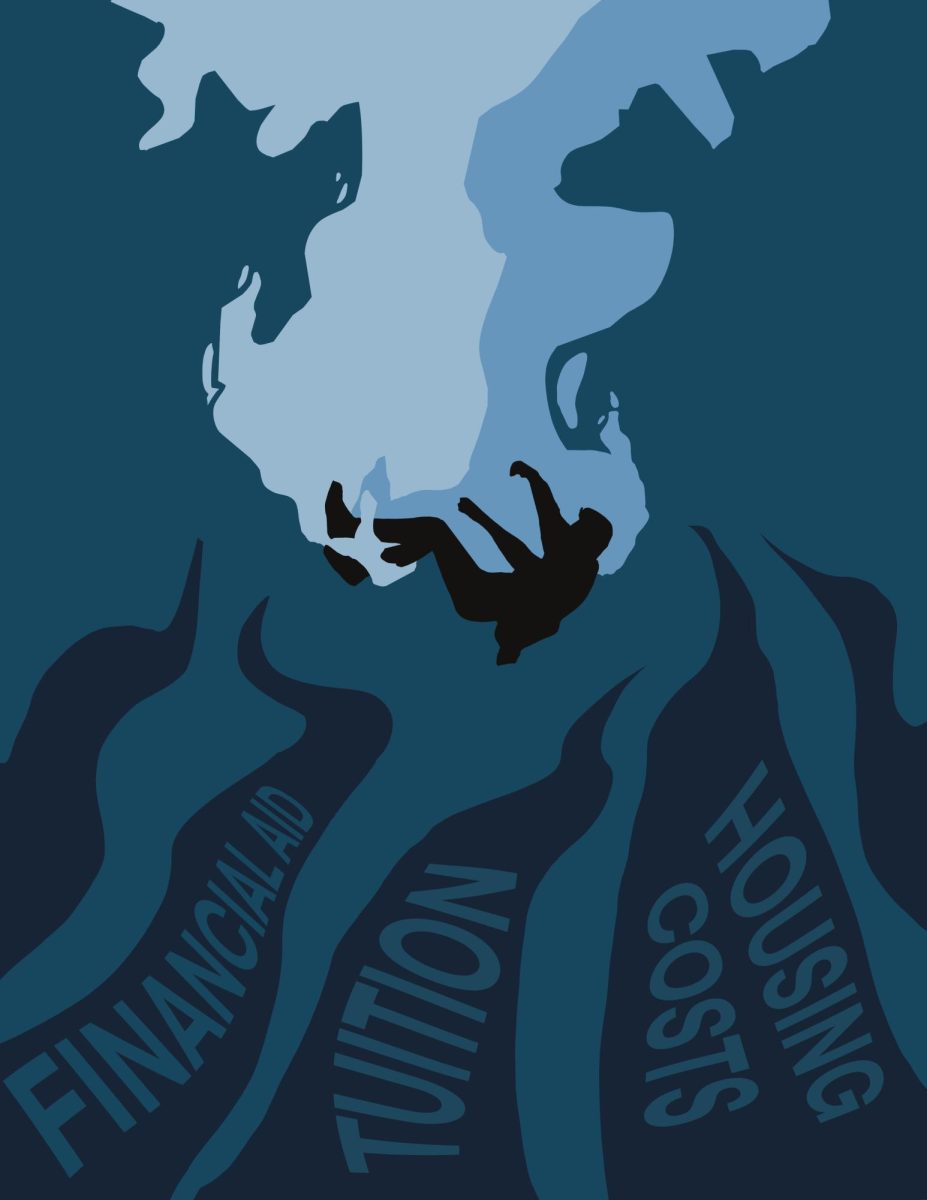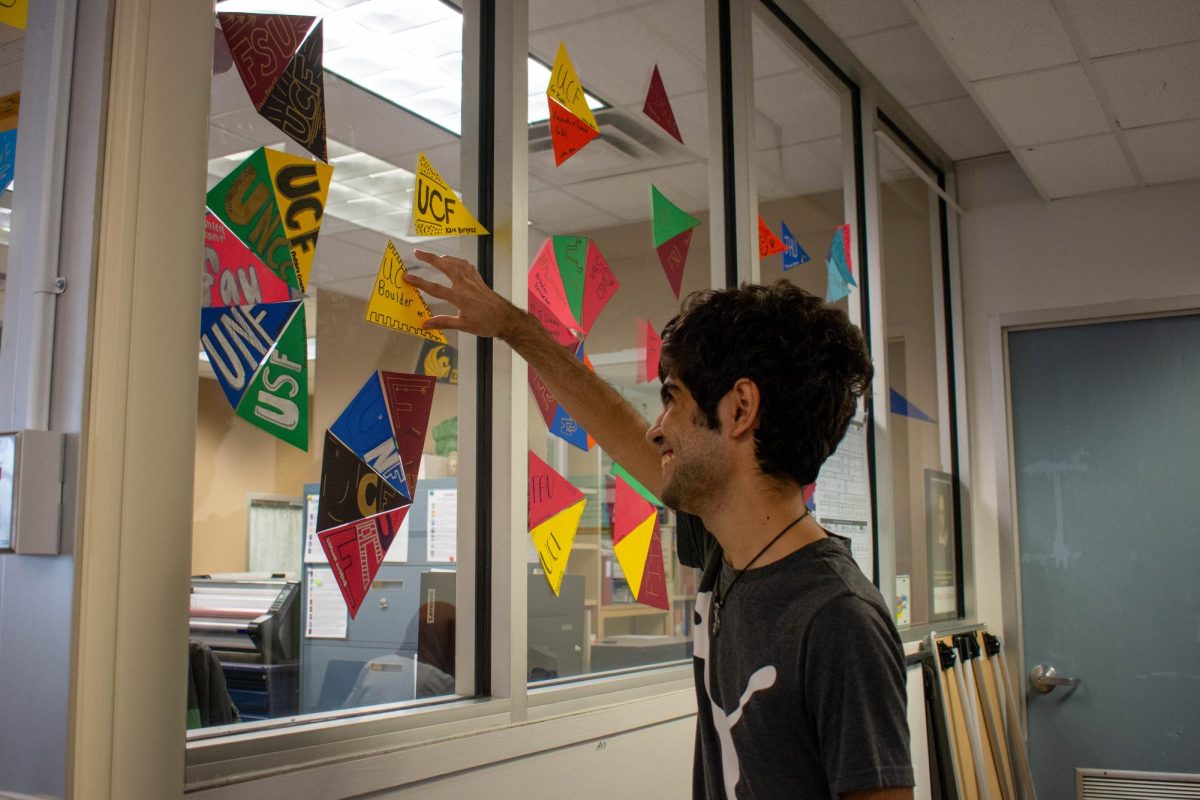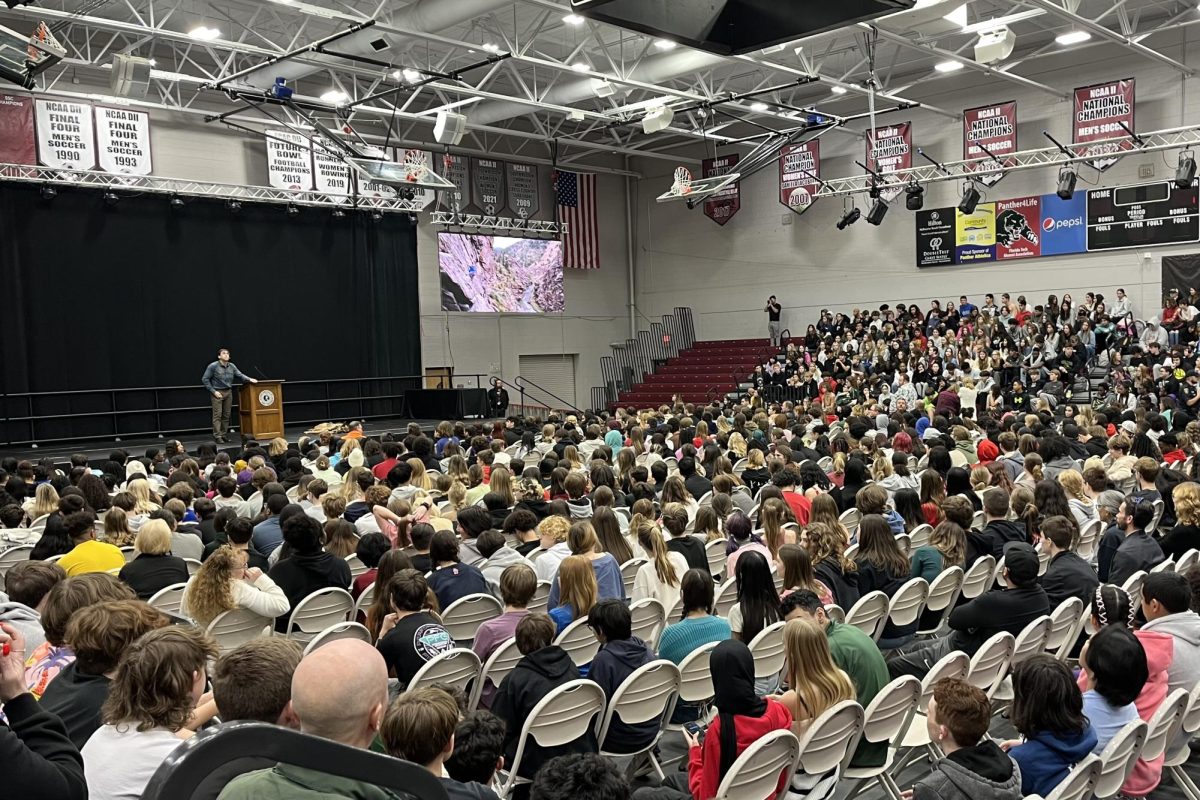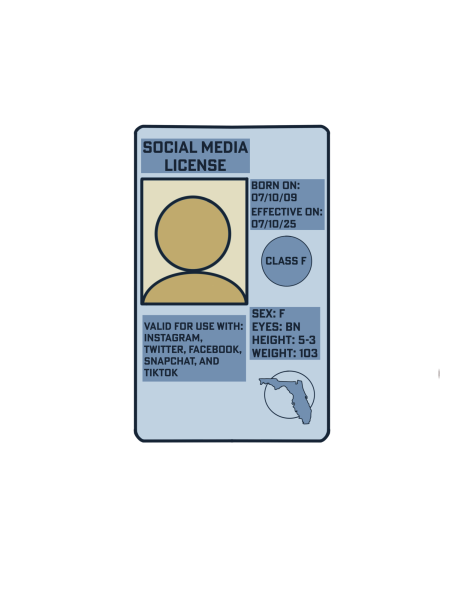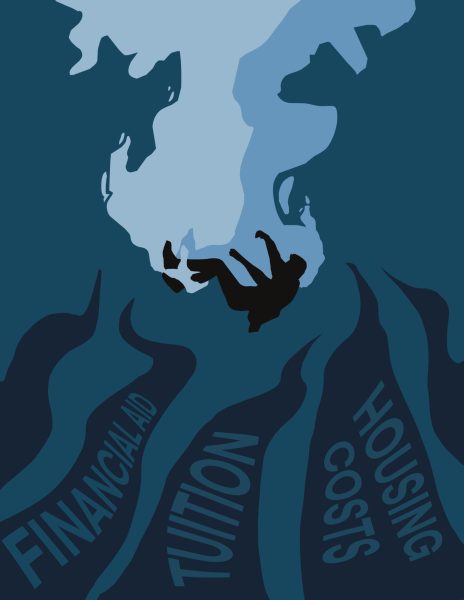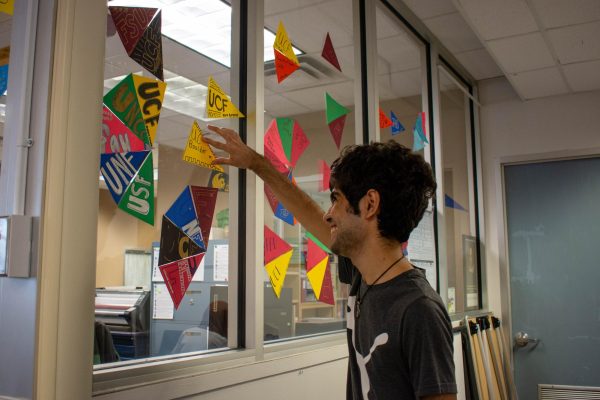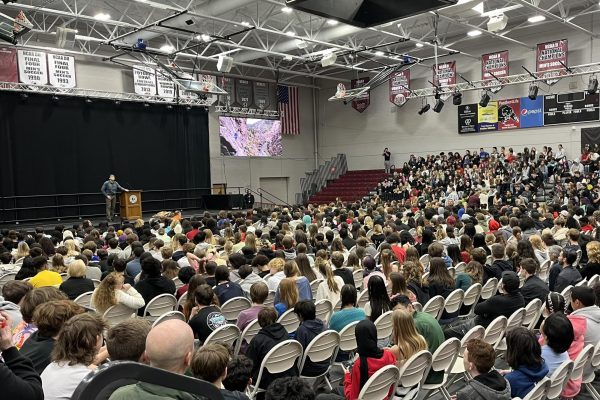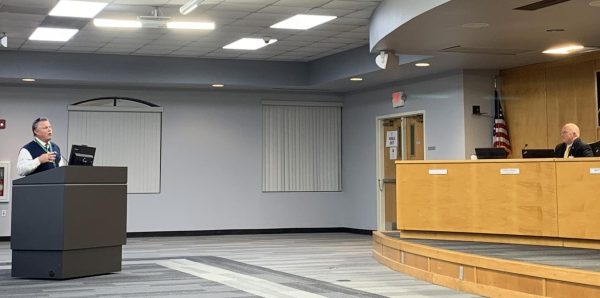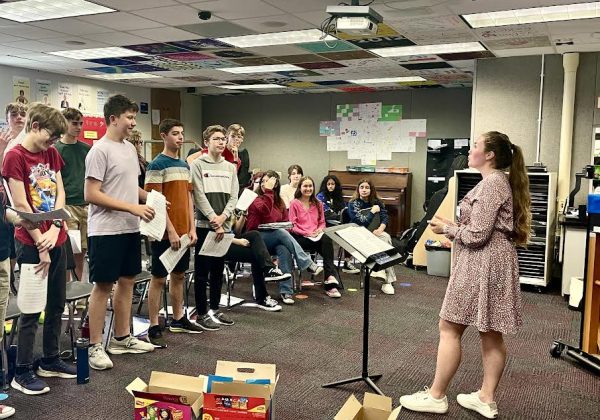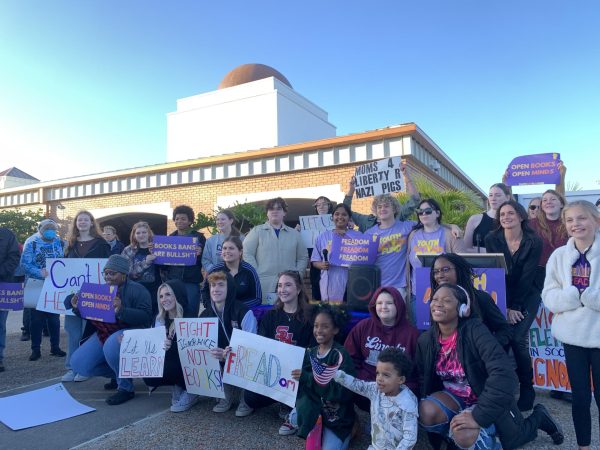Repercussions of COVID on teen mental health

October 26, 2022
Depression and anxiety rates have hit an all-time high since the pandemic, according to researchers from the Centers for Disease Control and Prevention. Even now, the repercussions are evident among teens in the school community.
“During the pandemic, I became more depressed than ever. I would always be either in my room sleeping or on my couch watching stuff on my phone,” sophomore Cameron Coalter said. “Since my therapist’s office was closed, it didn’t get better. I just fell into this rabbit hole that I couldn’t get out of.”
Due to the lack of resources in the community, students had nowhere to turn in these times of crisis.
“A lot of teens couldn’t get the help they needed. Telehealth and online platforms didn’t allow for a safe space of interaction,” Melbourne psychologist Jonelle Ensign said. “It’s important for them to talk to adults because adults have gone through the identity formation stage of development and have a sense of self, which is what teens need to get solidified.”
Students can help each other, however. Peer support is more important than one might think.
“Peer support is so valuable to make people who are struggling feel like they aren’t alone,” Melbourne clinical social worker Catherine Galda said. “There is a lot you can do indirectly to help your peers. Make yourself available and let them know you are there for them.”
Galda and Ensign agree that setting a positive example for others to follow and building genuine relationships with peers is crucial.
“Social connectedness helps validate people’s concerns and helps move through them,” Ensign said. “Be a role model and others will follow along.”
By Hana Saleh


![The Melbourne Fire Department recognized coach and custodian Derrick Hamilton on April 16 with the Lifesaving Citizen Award during lunch. I would just react for anyone, Hamilton said. My love for children -- thats what it comes down to. [I am] where I am supposed to be.](https://westshoreroar.com/wp-content/uploads/2024/04/DSC_0639-1-e1713376507113-1200x805.jpg)
